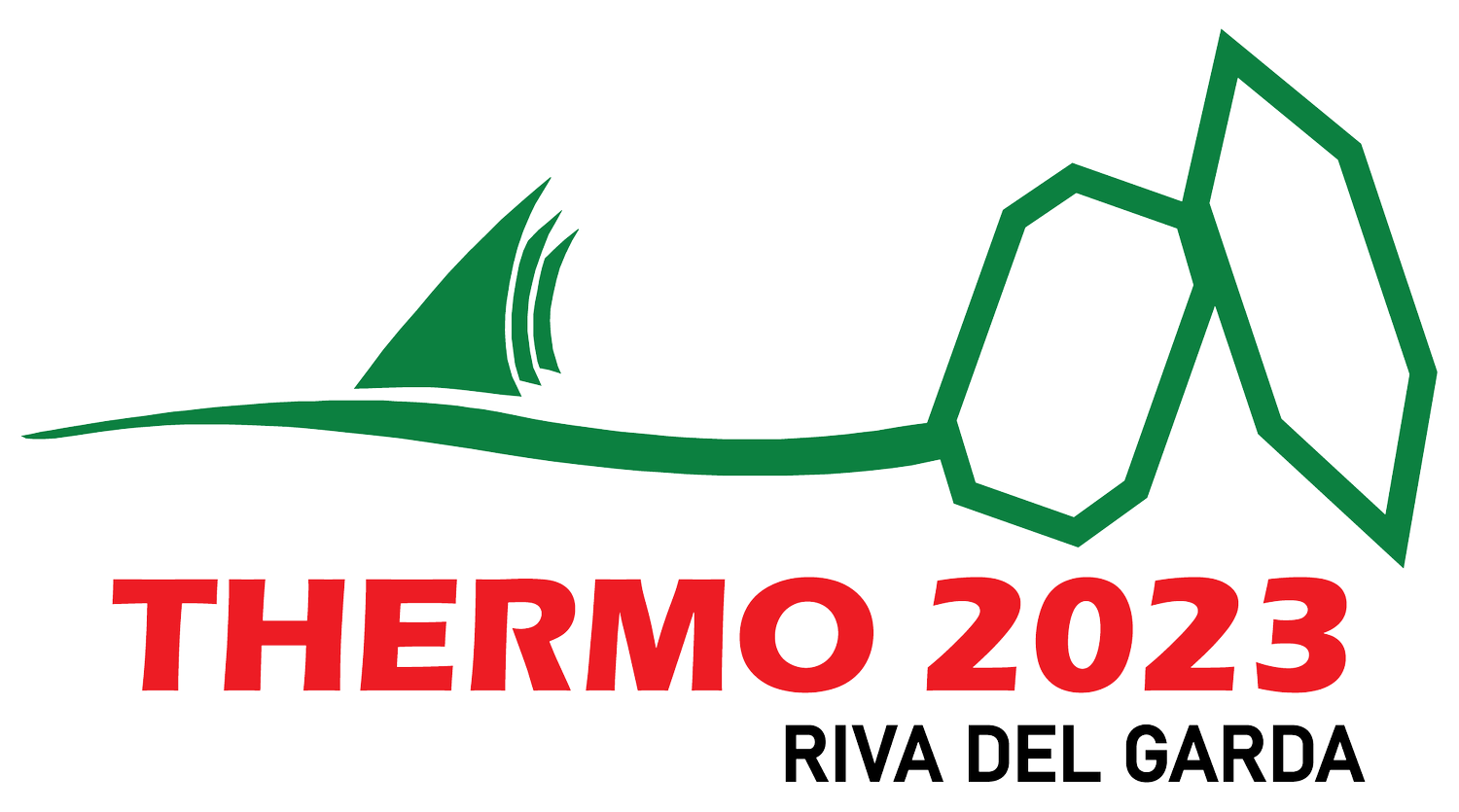
SCIENTIFIC SESSIONS
Thermo 2023: Programme outline
Monday and Tuesday
Developments and challenges in fission-track thermochronology (Chairs: Paul Fitzgerald, Eva Enkelmann, Taka Tagami)
Fission-track thermochronology has evolved and improved in the last few years by integrating new technical advances such as LA-ICP-MS for U measurement and image-capture for the measurement of spontaneous fission-tracks. This session seeks contributions that show the development and improvements of these techniques and their coupling with other advances or technical challenges as etching, multi-kinetics, and that integrate them within applied studies in natural laboratories.
Developments and challenges in (U-Th-Sm)/He thermochronology (Chairs: Marissa Tremblay, Cécile Gautheron)
Innovations in (U-Th-Sm)/He thermochronology has expanded this technique to be applied to many geoscience problems. We are seeking contributions from colleagues that have implemented challenging analytical techniques, including 4He/3He, in situ analyses, laser ablation, ramped heating, imaging, and/or have explored the complexity of the (U-Th-Sm)/He system as He diffusion kinetics, radiation damage, age dispersion, and/or have devised new (U-Th-Sm)/He geochronometers (e.g. magnetite, hematite, goethite). Relevant contributions to this session include studies that integrate these innovations with applications in the broad field of earth sciences.
Advances in noble gas and solid state thermochronology (Chairs: David Chew, Fin Stuart)
Thermochronology is a broad discipline including many types of methods and approaches that provide temporal constraints on natural processes occurring at different temporal scales and temperature ranges. Some of these disciplines are well established as Ar/Ar or U/Pb and some others are recent as trapped-charge techniques. All these techniques are advancing by facing new technical or methodological challenges. This session welcomes contributions based on advances in well-established and new thermochronological methods and their applications.
Improvements in handling and modeling low temperature thermochronological data (Chairs: Matthew Fox, Isabelle Coutand)
Thermochronologic systems can be affected by several processes that are often difficult to discriminate, resulting in complex thermochronologic data. Complex data require innovative approaches for their presentation, discussion and interpretations. This session seeks contributions that address challenges in data interpretation, as, for instance dealing with data dispersion; propose best practice and novel statistical treatments of data and thermal-history modeling approaches; and discuss publication protocols and data archive.
Wednesday
Mid-conference fieldtrip
Thursday and Friday
Rates and timing of Earth system processes (Chairs: Cornelia Spiegel, Mauricio Parra)
This session will report studies that, using low temperature thermochronology, address outstanding problems in the Earth evolution. This could include, but is not restricted to, processes at plate boundaries, evolution of continental interiors, source and sink of sediments, basin analysis, formation of critical metal and geothermal resources, and the interaction of deep and surface processes.
Celebration of the research achievements of Rod Brown (Chairs: Kerry Gallagher, Andy Gleadow, Frank Lisker)
This session will honour the memory of Rod and his brilliant scientific career. We welcome contributions about his main research interests related to thermochronology and its application to geology, such as evolution of high elevation passive margins, dynamic topography and geomorphic processes.

